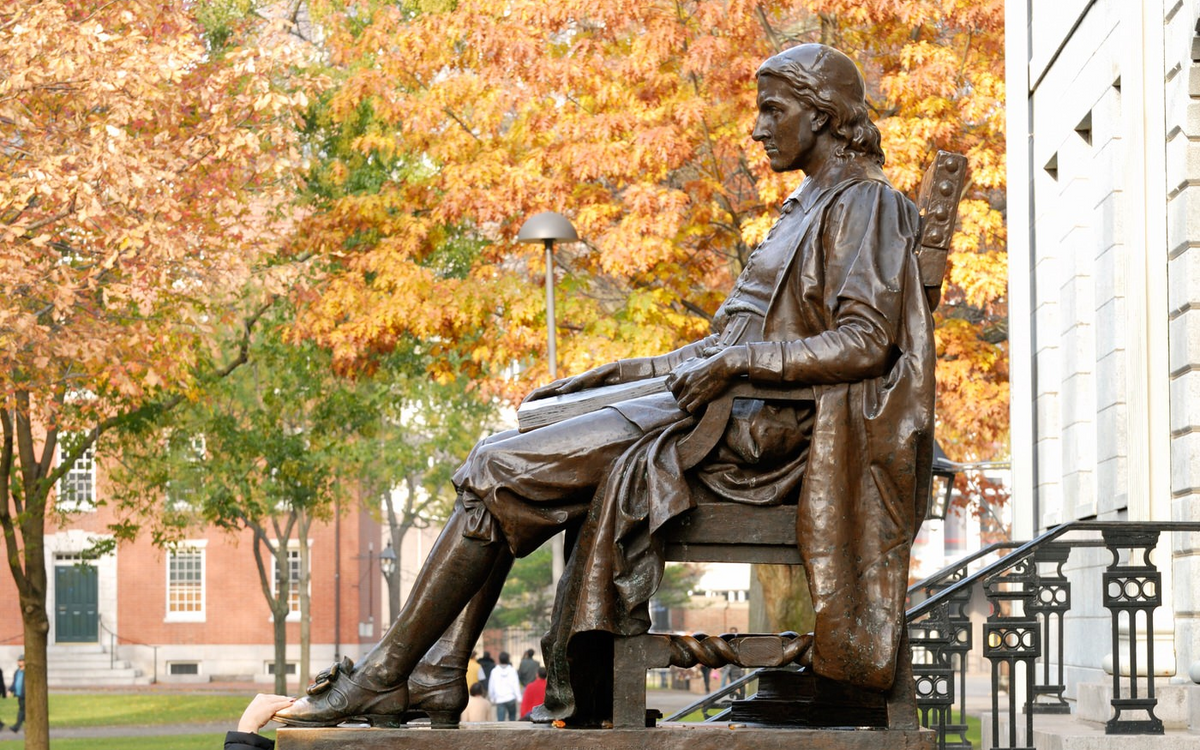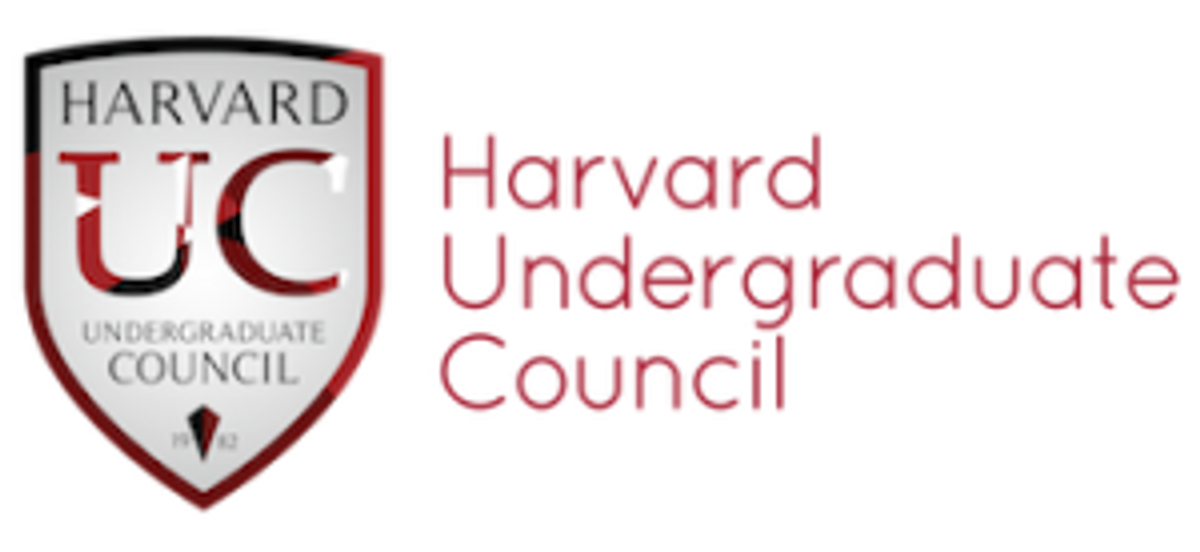
SixteenThirtySix: Predicting Harvard Elections
A new project, SixteenThirtySix, will be the first to predict results of student government elections at Harvard.
Perhaps inspired by the massive increase of data science and statistical analyses that helped to characterize the 2016 campaign cycle, the Harvard Open Data Project is seeking to follow in the footsteps of Nate Silver’s FiveThirtyEight and the New York Times’ Upshot in predicting an election, albeit to a more successful end.
2016 has been the year of incredible polling “misses” — marked by the United Kingdom’s historic vote to leave the European Union and Donald Trump’s stunning ascendancy to become President-Elect of the United States. Both events were predicted to be extremely unlikely by hundreds of pollsters and detailed analysis of their methods and results. How could they have missed so widely? The data science conducted was likely sound, but the eventual results demonstrate that elections cannot be predicted solely by polls. To this extent, predicting an eventual victor is extremely difficult, and more an art than a science.
Predicting elections is a fascinatingly complex problem, so we at the Harvard Open Data Project decided to use open data to take a crack at it. With the annual presidential elections for our undergraduate student government, the Undergraduate Council (UC), underway, we’re excited to announce our new project, SixteenThirtySix, where we’ll be gathering and analyzing open data to predict the outcome of the elections.
The UC Presidency and Vice-Presidency represent the two most powerful positions in Harvard’s student government, which bring the responsibilities of leading Harvard’s diverse student body and overseeing fulfillment of the Council’s mission:
 Harvard College's Undergraduate Council
Harvard College's Undergraduate CouncilFour tickets are currently vying for the Presidency and Vice-Presidency in a voting process that opened Monday, November 14 at noon and closes on Thursday, November 17 at noon. (At press time, fewer than 1,000 votes have been cast, a figure representing less than 1/6th of Harvard’s undergraduate population.)
So how are we going to predict this election? We are unable to conduct a scientifically sound poll of a representative group of likely voters, as is the professional standard. This won’t deter us. Instead, our goal is to analyze more unconventional metrics to ultimately predict which ticket will prevail when polls close on Thursday:
- The social media presence and outreach for each of the tickets, including: average and total engagement with campaign posts and pages, “tagged” social media endorsements from other students, and visible support in the form of campaign logo profile pictures
- Endorsements from outside figures or organizations, including publications such as the Harvard Crimson
- Endorsements from sitting Undergraduate Council representatives
- In-person interviews with likely voters
- Analysis of campaign messages and their respective levels of importance to students
- A simple response survey, which we note fails to account for self-selected response biases and other standards that separate it from being statistically sound (but is still valuable to an extent)
When the voting window closes Thursday at midday, SixteenThirtySix will release our analysis and predictions for the 2016 UC election. And staying true to the spirit of open data, we will release all the data gathered in the process that informed our prediction.
Stay tuned, and remember to vote!
Disclaimer: SixteenThirtySix is an experimental project for the Harvard Open Data Project. As such, we take no responsibility for the veracity of our prediction but instead view our process as an instrument in learning and a platform to share our passions for open data.
